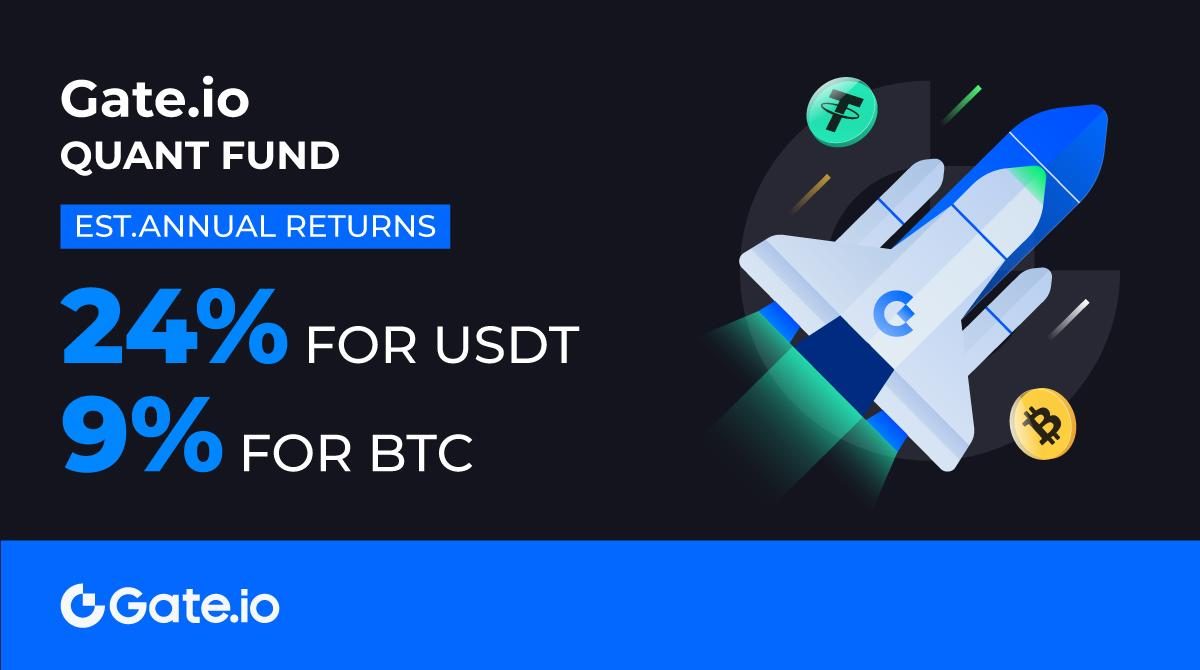Without quantum security, our blockchain future is uncertain
News that two groups of Chinese scientists have gained a quantum advantage – a technical term for when a computer can perform functions well beyond those of a classic computer – could signal that we have really entered a new era. While Google’s 54-qubit quantum processor, Sycamore, became the first well-known example of early-stage quantum computing, the latest news comes from the University of Science and Technology. China in Hefei is the best proof that we have surpassed the information rubicon. .

But while there is reason to be happy about these developments, there is also reason to be concerned. While we can all long for the day when we can predict traffic jams, post animal testing in the history books, or determine the likelihood of developing cancer and then design a unique treatment – all in seconds – – their immense power has a dark side.
Most frightening for a society so dependent on the Internet, quantum computing is putting our entire digital infrastructure at risk. Our modern Internet is based on cryptography – the use of codes and keys to secure communications and store private data. But for cryptocurrencies like Bitcoin (BTC) and Ether (ETH) the concept is fundamental, a sufficiently powerful quantum computer could mean the theft of billions of dollars in value or the destruction of the entire blockchain. With digital signatures suddenly being forged so easily, the concept of “owning” the wallet will seem alien.
Related: Speaking of the digital future: quantum computing and cryptography
When I first pioneered digital currency in the late 1980s, quantum computers were just a theoretical postulate. While we are all aware of its inevitable occurrence (folks who work in tech are often aware of the future that is coming at breakneck speed), we are in a world where we haven’t even seen the first web browser haven’t spent a lot of time thinking about what seems like the technology of the deep future.
Vulnerability to quantum computers
However, times have changed. Over the next three decades, the cryptocurrency will be refined, storing nearly $ 3 trillion in value. Analysis by Deloitte shows that more than 25% of all bitcoins can be stolen in a single attack, which is nearly $ 300 billion at the time of this writing. That would make it three thousand times more profitable than the next best heist. When you consider that 10% of global GDP is expected to be held in crypto by 2025, this vulnerability is quickly becoming a concern. Quantum computers aren’t just a problem, we’ve never been so vulnerable to them.

Furthermore, history shows us that we must fear not only hackers, cyber-terrorists and criminal organizations, but also governments. The revelations of Chelsea Manning and Edward Snowden over the past decade have shown the world what the most powerful government in the world can (and will) do when no one is looking. Authoritarian powers like Russia and China have sophisticated methods of coercion and control over their people. Quantum computing will only increase their tyranny.
Although we already know a few examples of early quantum computing, it would be foolish to bet against a state actor with a sophisticated quantum system in front of a private institution. And when they get the technology, they won’t just get to your bitcoins. They read your messages and any email, IM, or document you’ve ever sent with the old passcode. now accessible with their new quantum master key.
Is there a solution?
The puzzle that we must face on our way is how we can protect ourselves from their destructive potential. My team and I at network xx have spent the past few years pioneering our quantum secure blockchain to solve this problem. Adding another layer of data protection with our leading metadata hash DApp, xx Messenger, will be another way to protect against quantum-armed malicious actors. There will be other solutions from various innovators that just don’t come fast enough.
There are reasons to believe that the coming quantum computing revolution will not affect our chances of a new, decentralized world based on blockchain. Initially, the National Institute of Standards and Technology in the USA examined 69 potential new methods for “post-quantum cryptography” and a draft of a standard is expected by 2024, which can then be published on the Internet.
There are also very few cryptographic techniques that are completely redundant in the post-quantum world. Key agreement protocols and digital signatures are the most vulnerable, and innovations like network-based cryptography provide us with ready-to-use solutions in the next generation of blockchain technology.
While a large-scale quantum computer like the one I drew in your nightmares has not yet appeared, the arrogance and limitless optimism of our community (often a property) can expose us when it arrives. In the past few years, not only have cryptocurrencies gained popularity, but also the idea that decentralization can be a solution to many of the problems facing today’s society. We win the fight. It would be a great shame to lose the war because we did not take this collective threat to our security and privacy seriously enough.
If we do this, we can secure the basic promise of blockchain technology and restore its appeal. That seems to be something to be excited about now.
David Chaum is one of the first blockchain researchers as well as a world-famous cryptologist and data protection officer. Dr. Chaum, known as “The Godfather of Privacy,” first proposed a solution to protect metadata with mixed networks in 1979. In 1982 his dissertation was at the University of California, California. Chaum developed eCash, the first digital currency, and made many contributions to a secure voting system in the 1990s. Today Dr. Chaum founder of Elixxir, Praxxis and the xx network and contributions in the fields of cryptography and data protection to provide state-of-the-art blockchain solutions.
Follow the Youtube Channel | Subscribe to telegram channel | Follow Facebook page




















